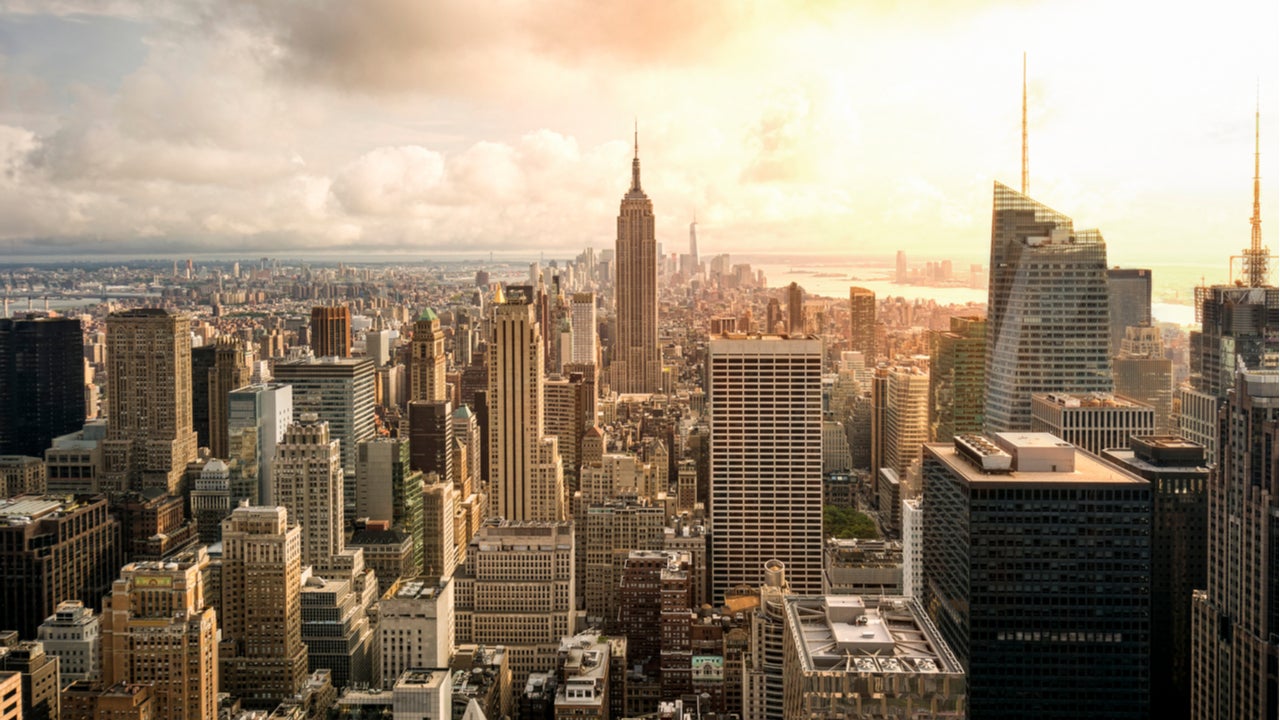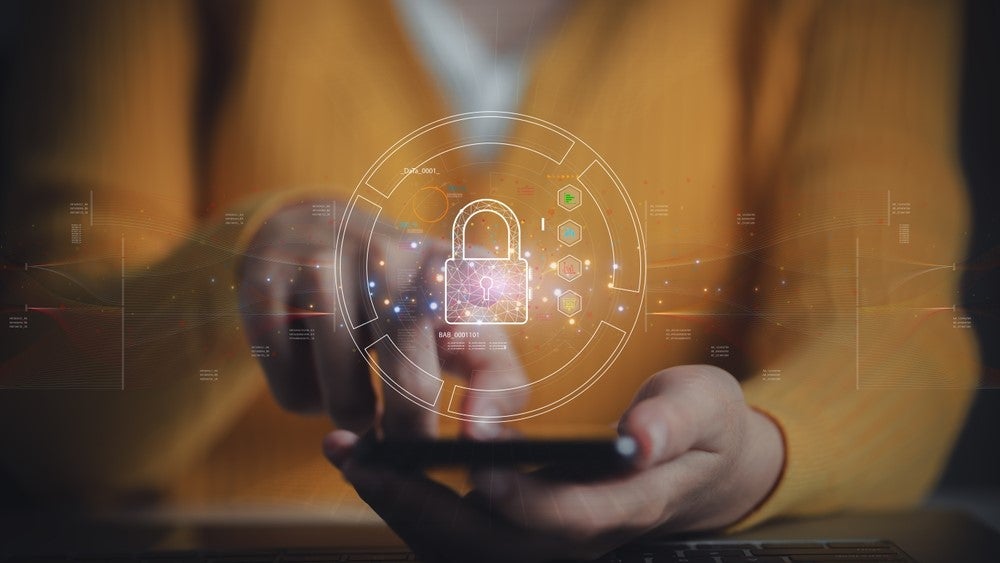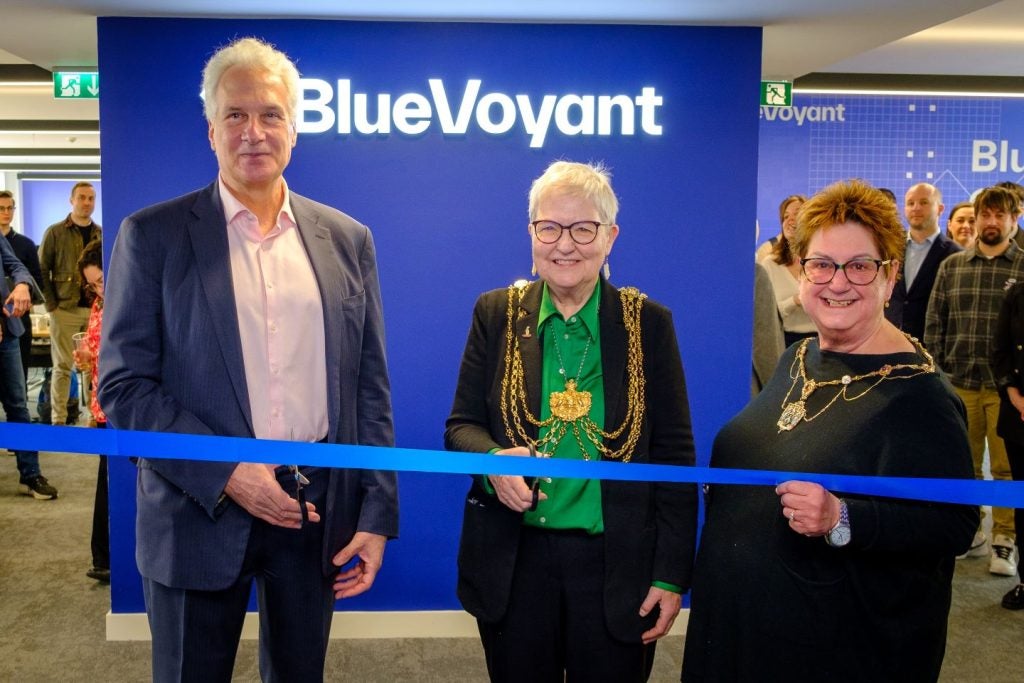
A lawsuit demanding New York City rejig its efforts to connect 114,000 homeless students to the internet is shining the spotlight on spotty cellular coverage in the largest US city.
The lawsuit specifically calls out wireless data services provided by T-Mobile US and Verizon. Allegations of unavailable and unreliable services reflect poorly on both operators’ reputations at a time when they are each trying to position their 4G LTE and 5G cellular services as acceptable alternatives to fixed broadband services.
As outlined in the 38-page lawsuit filed in Manhattan federal court in late November 2020, the city of New York has allegedly failed to provide reliable internet access to homeless shelters, preventing students staying at those locations to participate in the virtual classrooms that have been necessitated by the Covid-19 pandemic, which has cut down or entirely closed down in-person learning in schools.
Lawsuit will continue
On December 30, 2020, US District Judge Alison Nathan ruled that the lawsuit can continue. Defendants are demanding a preliminary injunction requiring New York City to replace its previous efforts to provide homeless students with internet connectivity via cellular networks by instead equipping all shelters housing school-age children with reliable WiFi access as soon as reasonably practicable. The original deadline demanded, January 4, 2021, has come and gone, however.
To its credit, New York City has tried to provide the needed connectivity, but its efforts have fallen short, in part because city officials relied upon commercial cellular networks to do the job. According to the lawsuit, filed by the Coalition for the Homeless and certain impacted individuals, when schools shifted to remote learning last spring, the city’s Department of Education distributed iPads that could connect to the internet via cellular service plans.
The initial rollout used T-Mobile’s services, which were allegedly plagued by dead zones or cellular service that was not robust enough to enable reliable internet access. The DOE then turned to Verizon, with apparently better, though still mixed, results.
How well do you really know your competitors?
Access the most comprehensive Company Profiles on the market, powered by GlobalData. Save hours of research. Gain competitive edge.

Thank you!
Your download email will arrive shortly
Not ready to buy yet? Download a free sample
We are confident about the unique quality of our Company Profiles. However, we want you to make the most beneficial decision for your business, so we offer a free sample that you can download by submitting the below form
By GlobalDataAcknowledging the remote connectivity problems, New York Mayor Bill de Blasio in October directed city officials to begin installing WiFi in city shelters, but many of those shelters do not even have wired broadband service. City officials have said WiFi installation will commence in some shelters this winter.
Under the current plan, the vast majority of shelters would receive WiFi during summer 2021. However, that would be after the current school year ends, something the homeless advocates contend is unacceptable.







Related Company Profiles
T-Mobile US Inc